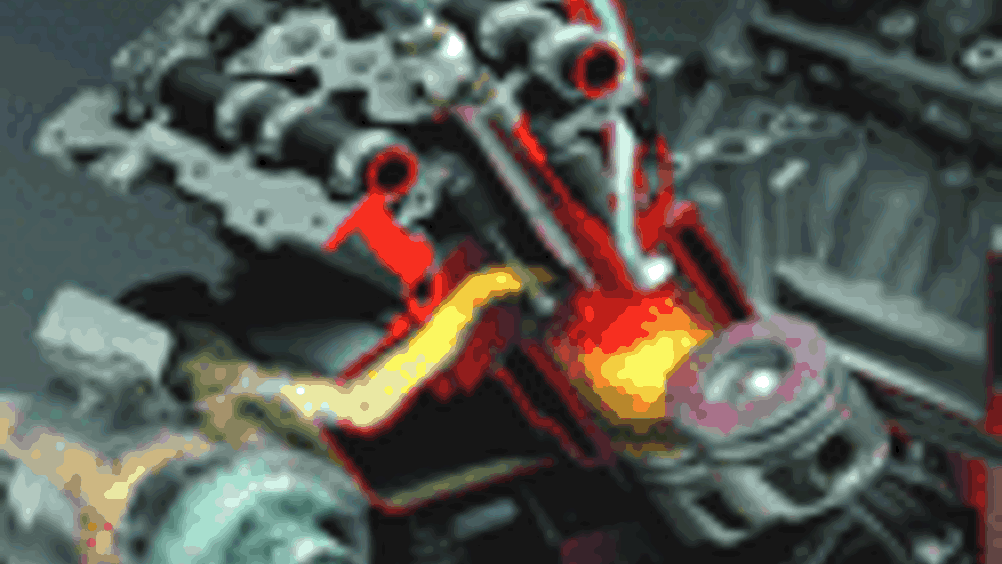Controller increases engine efficiency

Researchers at the University of Missouri-Rolla have developed a neural network controller that can learn how best to mix fuel and air and adjust an engine to run more efficiently.
Dr. Jagannathan Sarangapani, professor of electrical and computer engineering at UMR, and Dr. Jim Drallmeier, professor of mechanical and aerospace engineering at UMR, and their students have spent the last two years developing the controller, aimed at making engines cleaner and greener.
The controller has produced good results with exhaust gas recirculation (EGR), a technique used to reduce nitrogen oxide emissions. The device could be used to reduce the amount of fuel in a fuel/air mixture or dilute the mixture with inert gases.
The researchers created a neural network controller that is implemented as a software program. The neural network observer part of the controller assesses the total air and fuel in a given cylinder in a given time. It then sends that estimate to another neural network, which generates the fuel commands and tells the engine how much fuel to use in each cycle. The engine performance can then adjust accordingly within a matter of milliseconds in time for the next cycle.
Register now to continue reading
Thanks for visiting The Engineer. You’ve now reached your monthly limit of news stories. Register for free to unlock unlimited access to all of our news coverage, as well as premium content including opinion, in-depth features and special reports.
Benefits of registering
-
In-depth insights and coverage of key emerging trends
-
Unrestricted access to special reports throughout the year
-
Daily technology news delivered straight to your inbox










Water Sector Talent Exodus Could Cripple The Sector
Well let´s do a little experiment. My last (10.4.25) half-yearly water/waste water bill from Severn Trent was £98.29. How much does not-for-profit Dŵr...